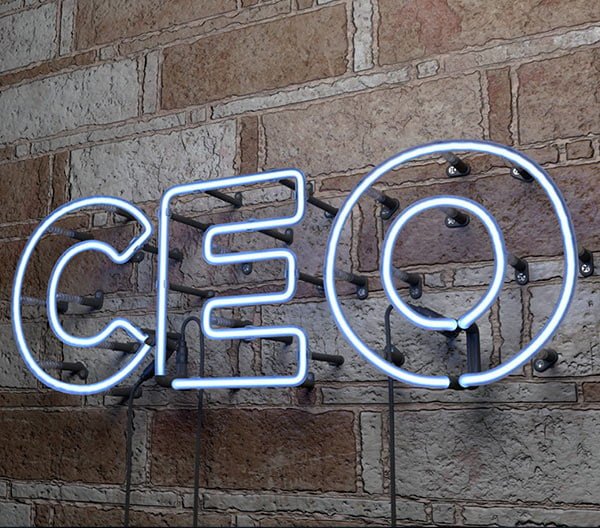
11 Apr CEO Burnout
This article explores the growing issue of CEO burnout and its detrimental effects on both individuals and organizations. It highlights the relentless pressure and expectations placed on CEOs, leading to a concerning number of executives leaving their roles or experiencing health issues.
The High Stakes of Leadership:
The article opens with an analogy comparing a CEO’s role to conducting a high-stakes symphony. The constant pressure to strategize, adapt, and succeed creates a demanding environment conducive to burnout. While employee well-being initiatives gain traction, CEO well-being is often overlooked.
Burnout: A Threat to Leaders and Businesses:
Burnout is defined here as a chronic stress response characterized by exhaustion, cynicism, and decreased effectiveness. It warns that CEO burnout harms not only their own well-being but also trickles down to their teams and hinders organizational performance. Warning signs of burnout include decreased creativity, emotional withdrawal, and difficulty making decisions.
Building Executive Resilience: Four Key Strategies:
Four core principles are proposed for preventing burnout and fostering executive resilience:
1.Stay Connected to Purpose: Reconnecting with their core purpose and vision can be a powerful tool for CEOs. Studies show that staying connected to purpose reduces depression and anxiety and improves resilience.
2.Avoid the Superhero Syndrome: The fear of failure and the pressure to appear invincible can lead CEOs to cope through unhealthy means. The article encourages delegation, setting boundaries, and seeking support from family, mentors, or therapy to avoid isolation and unhealthy coping mechanisms.
3.Prioritize Intentional Exercise: Regular physical activity not only improves physical health but also boosts mental resilience and cognitive function. Studies have shown the positive impact of exercise on memory, mental exhaustion, and overall well-being.
4.Prioritize Sleep: Leadership requires sharp thinking, making adequate sleep crucial. Research indicates that even moderate sleep deprivation can impair cognitive abilities similar to intoxication. Sleep-deprived leaders also exhibit reduced emotional self-control.
Conclusion: Self-Care is a Strategic Imperative:
The emphasis here is that self-care is not a luxury but a strategic necessity for CEOs to ensure their own well-being and the success of their organizations. Prioritizing these strategies for building resilience can help CEOs navigate the challenges of leadership while maintaining their health and effectiveness.
